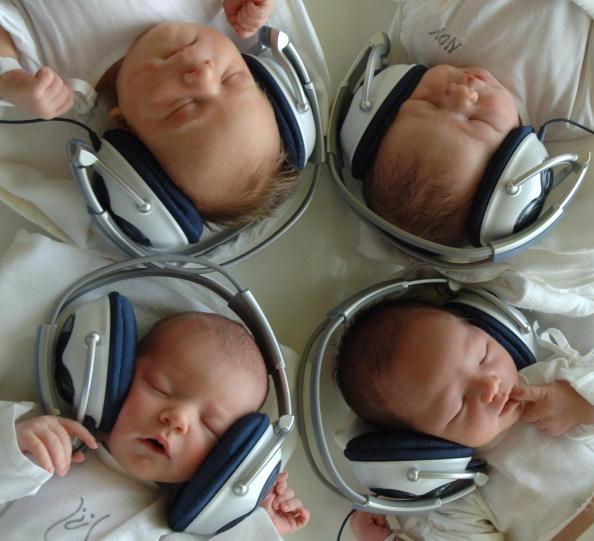The gender stereotype that links men, not women, to science is most prevalent in the Netherlands, according to a survey of more than 350,000 people in 66 nations. View an interactive table with rankings for all 66 nations.
The results are based on responses through a website called Project Implicit. People rated how much they associated science with men or women. They were also assessed on how quickly they associated words such as “math” and “physics” with words such as “boy” and “man.”
They were not asked if they thought men or women were more competent in science.
“These stereotypes are important because they can contribute to outcomes such as biased hiring decisions according to prior studies,” says David I. Miller, lead author of the study and a doctoral student in psychology at Northwestern University.
Ironically, stereotypes were often strong in nations such as Denmark, the Netherlands, and Norway that have otherwise strived for gender equity in ways that include lowering maternal mortality and increasing women’s parliamentary representation and labor force participation.
“In fact, Scandinavian nations generally had stronger stereotypes than the US,” Miller says. “Although surprising at first, the results made sense when we looked at who pursued science in these nations.
“For instance, Dutch men outnumbered Dutch women by nearly four to one among both science majors and employed researchers. The strong stereotypes in the Netherlands, therefore, reflect the reality of male dominance in science there.”
College Is Key
The good news is that gender-science stereotypes are weaker in nations with more female science majors and researchers.
Related research suggests that experiences in college may be one key to changing gender-science biases, says coauthor Alice H. Eagly, professor of psychology and of management and organization. “Stereotypes should erode more quickly for individuals who see many female science majors in their classes, for instance.”
The study’s results suggest optimism that gender-science stereotypes will weaken as people see more women in science, though according to prior studies, this process will be slow.
“Simply taking a college mathematics course from female instructors is generally not sufficient to change stereotypes,” Eagly says. “Changing these persistent beliefs likely requires seeing female scientists across diverse sources such as news articles, television shows, and textbooks.”
“When these stereotypes remain, they can at times cause negative outcomes such as hiring biases that favor men in some contexts,” Miller says.
‘Beyond Marie Curie’
Stereotypes might not always lead to biased evaluations of female scientists. A new experiment reported in the journal Proceedings of the National Academy of Sciences, for instance, shows that faculty prefer to hire women over men among highly qualified tenure-track applicants.
Science instruction might help reduce gender-science stereotypes by engaging students in analyzing varied examples of female scientists, according to Marcia C. Linn, coauthor of the study and professor of cognition and development at University of California, Berkeley.
“Students receive conflicting messages about who can succeed in science,” she says. Students often struggle to coherently integrate these messages with their gender and academic identities.
“Educators should present examples beyond Marie Curie to help shape students’ beliefs about who pursues science. Students reconsider who pursues science when they can compare examples of female scientists and reflect on their beliefs.”
Source: Northwestern University. Republished from Futurity.org under Creative Commons License 4.0.





